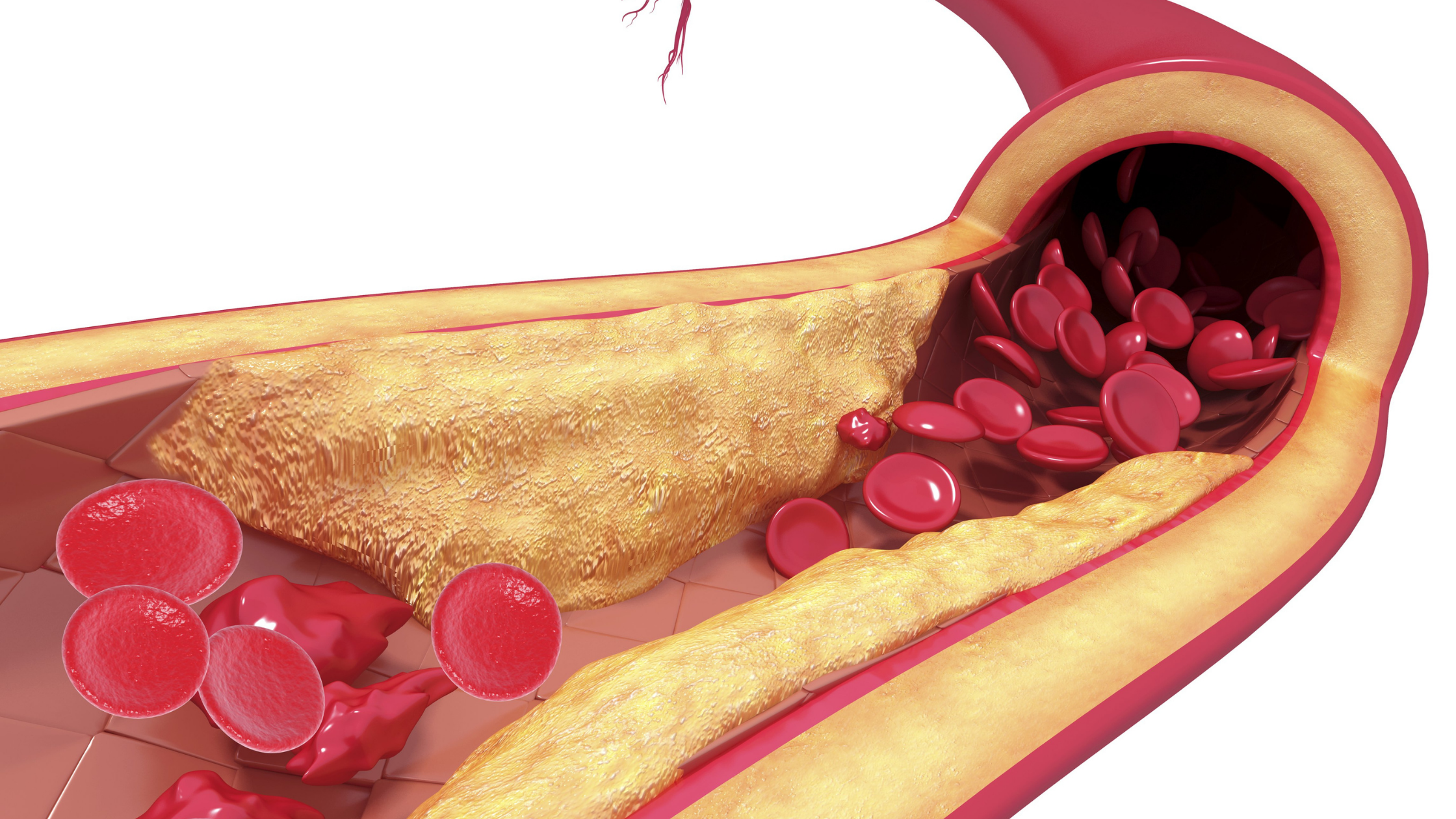Dementia Risk Factors: What You Need to Know
Written by TYE Medical on Nov 12th 2021
It’s a diagnosis everyone dreads, but you may not realize that you can lower your dementia risk factors even if the disease isn’t entirely preventable. You don’t have control over all the risks, which means there’s no sure-fire way to avoid it. But if you’re armed with some awareness and knowledge, you can take proactive steps to decrease the likelihood of developing dementia.
Our article, 5 Types of Dementia and Symptoms to Recognize, explains that dementia is a general term that includes various types of cognitive diseases and their common symptoms. For instance, Alzheimer’s disease is a common form that accounts for 60-80% of dementia cases.
It’s important to recognize that risk factors don’t cause dementia. Instead, they indicate an increased likelihood of developing the condition. Not everyone with one or more risk factors will receive a dementia diagnosis.
Here are important dementia risk factors to consider.
1. Atherosclerosis

You’ve probably heard the more popular term “hardening of the arteries”. This happens when plaque builds in your arteries over time, thickening and hardening vascular walls. Remember that cholesterol is a major component of plaque, so the more cholesterol in your blood, the more plaque buildup.
When plague narrows artery walls, it decreases blood flow to your brain, damages cells, and affects brain function. In time, the brain cells may die and break connections with other brain cells. For some people, hardening of the arteries sets them on the path to dementia.
2. High Cholesterol
When your LDL cholesterol levels are elevated, you’re prone to developing atherosclerosis and high blood pressure. This is another of the dementia risk factors, especially for vascular dementia .
High cholesterol also increases blood pressure (as does atherosclerosis), which is a leading cause of stroke. And to come full circle, strokes are the most common cause of vascular dementia. In other words, high cholesterol, high blood pressure, and strokes are all related risk factors for dementia.
3. Having Diabetes

One of the many complications of diabetes is damaged blood vessels, which collect cholesterol or blood fats that harden inside your arteries, restricting blood flow to your brain. This puts you at greater risk for vascular dementia. Diabetes also makes you more prone to Alzheimer’s disease, but researchers aren’t sure how the two conditions are connected.
4. High Homocysteine Levels
Elevated homocysteine is one of the lesser-known dementia risk factors. It’s an amino acid that is essential for building protein. It circulates through your blood, but when levels rise, it increases the likelihood of developing several conditions, like vascular dementia, Alzheimer’s disease, stroke, and cognitive impairment.
Increased homocysteine typically suggests folate and B12 vitamin deficiency, which is easily treated with dietary changes and supplements.
5. Low Levels of Cognitive Stimulation and Socialization

If you want to decrease your likelihood of developing dementia, keep an active mind. Engage in stimulating mental activities, learn something new, or adopt a new hobby. For more ideas, refer to our article, Are You Losing It? How to Boost Memory Power and Prevent Dementia .
Socializing stimulates your brain in a different but equally important way. So, avoid long periods of isolation and try to engage in conversation and social activities frequently. Isolation increases your risk of developing Alzheimer’s disease.
6. Having Down Syndrome
Hallmark physiological symptoms of Alzheimer’s are plaques and tangles in the brain, and many people with Down Syndrome develop these by middle age. Cognitive decline is one of the developmental problems and health issues associated with the condition, and dementia is also common. But scientists aren’t sure why or how this happens.
7. Mild Cognitive Impairment (MCI) Symptoms

It’s typical for cognitive ability to decline with age, which means there are stages between the effects of normal aging and dementia. Mild cognitive impairment is the term used to describe this space between. But understand that just because you experience some degree of MCI, it doesn’t mean that you will develop Alzheimer’s disease because it is only a risk factor for dementia.
MCI is often described as feeling that your mind is “slipping,” but the changes don’t significantly impact your daily life enough to be considered a problem. However, most people who develop Alzheimer’s first experienced the symptoms of mild cognitive impairment.
8. It’s in Your DNA
Researchers have found a genetic component in many types of dementia, and mutations in specific genes also increase the risk of developing the condition. But it’s not that simple. Often, the causes of dementia are complex, and there is no single culprit. Frontotemporal dementia (FTD) is the only type that can be directly inherited. Even then, there is a 50% chance it will be passed from parent to child.
9. Your Age

According to the Alzheimer’s Association, one in nine people aged 65 and older have Alzheimer’s, and this figure doesn’t include the other forms of dementia. It’s apparent that your risk increases with age. This is because dementia develops over a long period as the disease gradually damages the brain. Essentially, the longer you live, the more time the disease has to develop fully. And typically, older adults have developed other health conditions that are risk factors for dementia.
10. Smoking and Alcohol Use
If you smoke, you’re more likely to develop atherosclerosis and other vascular diseases, increasing your likelihood of developing dementia. And misusing alcohol through heavy drinking also contributes to cognitive decline, leading to brain damage and dementia.
11. Lack of Sleep

According to a recent study , you can slash your risk for developing dementia by 30% if you get over six hours of sleep per night. The same research indicates that your last two hours of REM sleep, when your brain defrags (defragments) or initiates a clean-out process, are the most crucial.
To prevent dementia in later life, getting proper sleep is especially important for those between 50 and 60. Just one additional hour of sleep can make a tremendous difference for your brain health.
Top 5 Ways to Reduce Dementia Risk Factors

Since you can’t stop the hands of time to prevent aging, getting older will always be a risk factor out of your control (as are a few others). But if you heed these five tips, you can decrease your dementia risk even if you can’t completely prevent the disease.
Get Daily Exercise
Regular physical activity keeps off excess weight, lowers blood pressure, and improves cholesterol levels, all of which can increase your risk for dementia, especially vascular dementia. If you’re not accustomed to exercising, you’ll be encouraged to know that just ten minutes of activity has its benefits.
So, start small and increase your exercise time gradually. It’s also important to avoid sitting for too long. Be sure to get up and take a couple of hundred steps every hour. Ultimately, your goal is 150 minutes of moderate aerobic activity each week and muscle-strengthening exercises twice weekly.
Eat a Nutritious Diet
Nutritional deficiencies directly cause some types of dementia, which means they’re more than a risk factor and can be avoided. You may develop dementia if you lack nutrients like:
- Vitamin D
- Thiamin (B-1)
- Vitamin B-6
- Vitamin B-12
- Water (dehydration)
But it’s not always an unhealthy diet that causes a deficiency. It becomes more difficult for your body to process and absorb specific vitamins from foods as you age. If you’re eating a nutritious diet but lack vital nutrients, you can benefit from taking supplements designed for easier absorption.
Keep an Active Mind
If you turn off the TV and pick up a book, you can reduce your dementia risk factors. Television is visually stimulating, but it has an entirely different effect on the brain. In fact, it makes cognitive impairment more likely. TV just doesn’t challenge your brain: it’s passive. Instead, opt for more brain-stimulating activities like:
- Taking a course
- Learning a new language
- Working puzzles
- Playing board games or card games
- Reading challenging books (or write)
Be Socially Active
Talking and conversing with others also stimulates your mind. So, try to stay active in your relationships. If you need to expand your social circles, try volunteering, join a club, or being part of a community group.
Get More Sleep
Since a lack of sleep makes you more prone to dementia, getting more of it can only improve your cognitive health. Aim for seven to eight hours of sleep nightly to ensure your brain has time to flush out excess proteins that cause Alzheimer’s plaque and make necessary repairs.
Struggling to get the sleep you need? Read our article, Feel Like the Walking Dead? Get Better Sleep with These 7 Tips .
Dementia Risk Factors and Incontinence

As you approach middle age, you may think more about your future cognitive health. This is especially true if you’ve had a loved one develop a type of dementia. Natural aging and diabetes are two dementia risk factors that also make you more prone to incontinence.
Bladder changes are common as you get older and are often due to hormonal fluctuations and a pelvic floor that continues to weaken with time. Additionally, diabetes can damage bladder nerves and make bladder control difficult or even impossible, depending on the severity of the damage.
While you cannot reverse diabetes or aging to improve cognitive health, you can take proactive steps to address other risk factors and manage bladder leaks effectively.
TYE Medical offers a selection of premium products that include light to heavy leak protection . You can even take advantage of our free, discreet home delivery.


